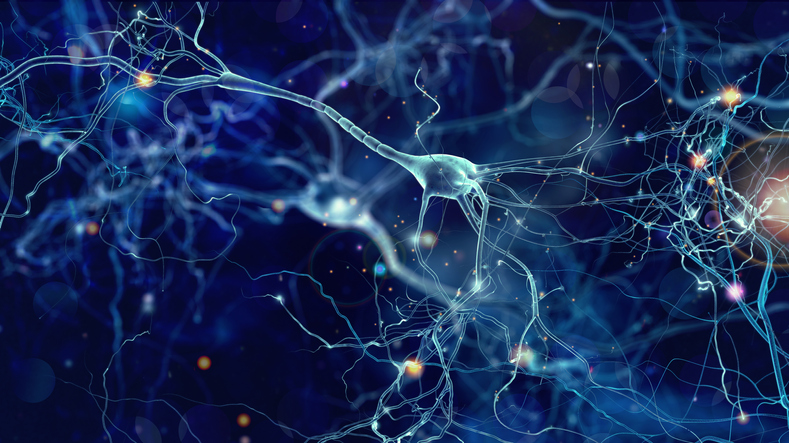Researchers have uncovered the most compelling evidence to date that the human brain can adapt to counteract the effects of ageing on cognitive functions. This adaptation involves activating additional brain regions to support and sustain mental performance.
As individuals age, the brain undergoes a natural process of atrophy, characterized by the loss of nerve cells and connections. This process can result in diminished brain functionality. The variability in cognitive resilience among older adults and strategies for safeguarding against cognitive decline remains a subject of scientific inquiry.
The prevailing theory suggests that some individuals’ brains can effectively offset the loss of brain tissue by activating alternative brain regions to aid in task execution. Previous brain imaging studies have indeed observed such compensatory activations, but the impact of these activations on task performance and their contribution to task understanding were unclear.
A groundbreaking study published in the journal eLife, led by researchers from the University of Cambridge in partnership with the University of Sussex, demonstrates that this brain adaptation occurs and enhances task performance in older adults.
Dr Kamen Tsvetanov, spearheading the study at the University of Cambridge, highlights the investigation into the preservation of ‘fluid intelligence’—the capacity for abstract problem-solving—which tends to decline with age. The study aimed to understand why some individuals maintain higher levels of fluid intelligence by possibly engaging different brain regions to counteract detrimental brain changes.
The research utilized functional magnetic resonance imaging (fMRI) to study brain activity in 223 adults aged 19 to 87 from the Cambridge Centre for Ageing & Neuroscience (Cam-CAN). Participants solved puzzles of varying difficulty while undergoing fMRI, allowing the team to analyze changes in brain blood flow and activity patterns.
Findings indicated a general decline in problem-solving ability with age, with specific brain regions, including those involved in visual processing, remaining active. Further machine learning analysis identified two brain areas—the cuneus and a frontal cortex region—showing heightened activity in older individuals, correlating with improved task performance. Notably, the cuneus region’s activity was more closely linked to performance improvements in older participants, providing new insights beyond the multiple demand network’s role.
The role of the cuneus, typically associated with focus and visual processing, suggests a compensatory mechanism for the age-related decline in visual memory, possibly through altered visual attention strategies.
Dr Ethan Knights from the Medical Research Council Cognition and Brain Sciences Unit at Cambridge expresses optimism that understanding this compensatory mechanism could lead to identifying factors that enable some older individuals to maintain cognitive functions better than others. This understanding could inform interventions to extend such benefits to a broader population.
Dr Alexa Morcom from the University of Sussex adds that these findings challenge the previous assumption that compensation relies solely on the multiple-demand network, indicating that preserved brain regions are also crucial in ageing.
Supported by several prestigious institutions, including the Medical Research Council and the Alzheimer’s Society, this research marks a significant advancement in understanding brain plasticity and cognitive ageing, opening avenues for enhancing cognitive health in later life.
More information: Ethan Knights et al, Neural Evidence of Functional Compensation for Fluid Intelligence Decline in Healthy Ageing, eLife. DOI: 10.7554/eLife.93327
Journal information: eLife Provided by University of Cambridge








